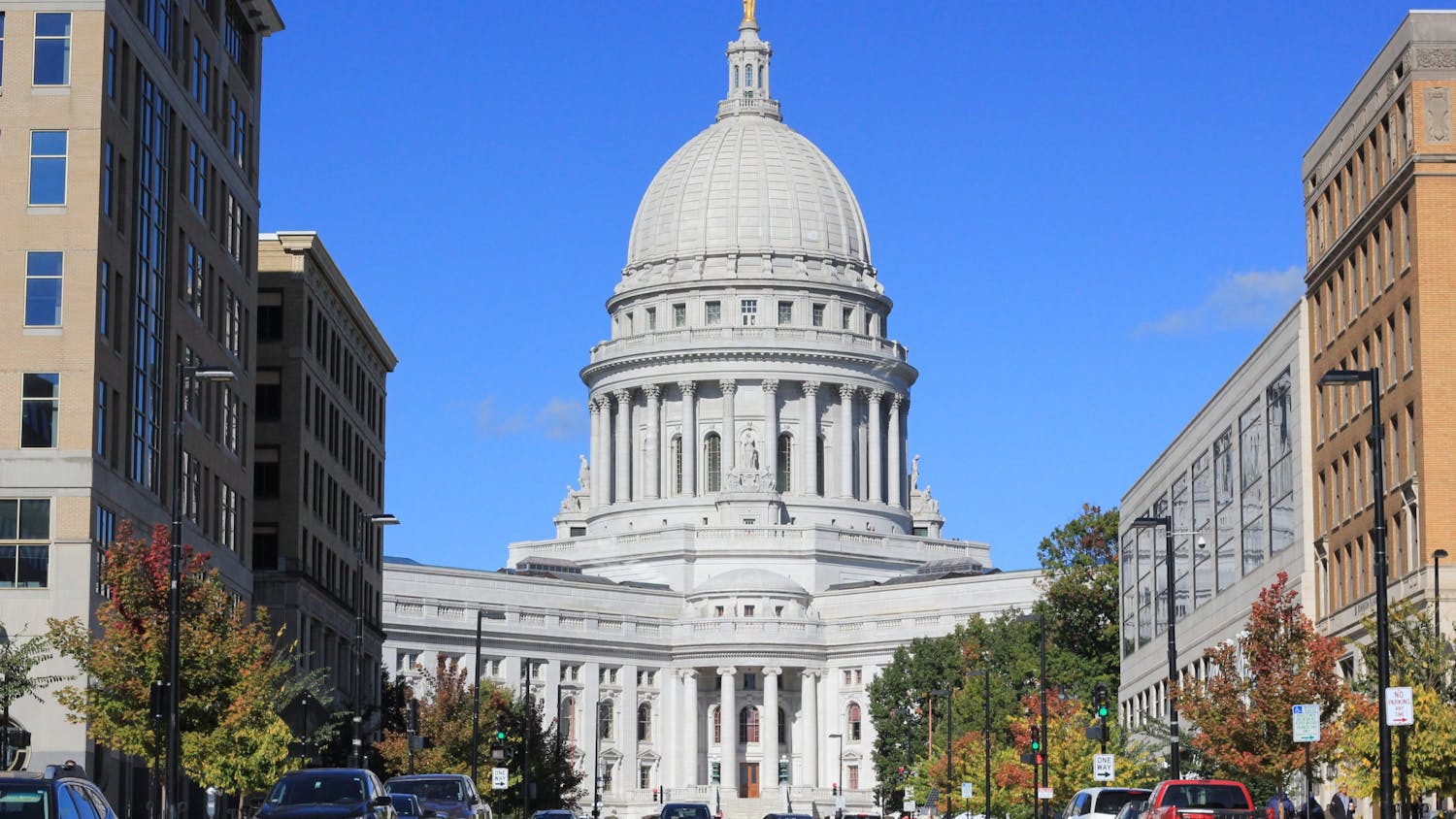Two years after the USA Patriot Act passed Congress by a nearly unanimous vote, public outcry over the bill's infringement on civil liberties and the Justice Department's reluctance to disclose how it used the greater powers granted under the bill has prompted congressional support to repeal some provisions of the law.
Over 150 communities nationwide, including Madison, have issued declarations condemning the Patriot Act, said U.S. Rep. and presidential candidate Dennis Kucinich, D-Ohio.
\It really goes against everything we stand for as Americans, and so I think as Americans find out about it, they don't want anything to do with it,"" Kucinich told The Daily Cardinal. ""They want it repealed.""
Last month Kucinich introduced the Ben Franklin True Patriot Act, a bill that would repeal several contested provisions of the Patriot Act including secret searches, deportation of non-citizens and warrantless seizures of business records.
Sen. Russ Feingold, D-Wisconsin, co-sponsored the Security and Freedom Ensured Act, a bipartisan bill that would restore judicial checks on secret search warrants and would sunset several provisions in the Patriot Act.
The SAFE Act has wide support in Congress and 139 cosponsors, said Rep. Tammy Baldwin, D-Wisconsin. The SAFE Act would also exempt libraries and bookstores from Section 215 of the Patriot Act, a provision which grants the FBI broad powers to access library, bookseller, medical and any other business records.
In response to concerns voiced by librarians and others, the Bush administration disclosed that it has not yet used the power.
""But it does raise another concern,"" Feingold said in a statement. ""If the section has never been used in the two years since the bill was passed, the two years immediately following the Sept. 11 attacks when concern over terrorism has been at its peak, ... then why is it even on the books?""
Baldwin said the Justice Department has been evasive when asked how it has used the new powers granted to it under the Patriot Act and classified even simple information like how many times a particular provision has been used.
""From the information they have reluctantly shared, we know that many of these new powers have been used for routine money-laundering and drug cases, rather than for anti-terrorism investigations,"" Baldwin told The Daily Cardinal via e-mail.
Chris Ahmuty, executive director of the American Civil Liberties Union of Wisconsin, said that as Americans become further removed from the Sept. 11 attacks, they have less tolerance for the justice department's secret investigations.
""When the agencies sort of surround themselves with this secrecy, after a while that runs thin and people believe there should be more accountability,"" Ahmuty said.
While most legislation to curtail the Patriot Act has not yet been scheduled for a vote, Congress has passed two provisions this year amending the law. In May, Democrats defeated a move to extend the law past 2005, and in July the House voted 309 to 118 to scale back the ""sneak and peak"" provision of the Patriot Act that granted authorities permission to conduct searches without notifying the target of the investigation.
This is the last installment of the series.





